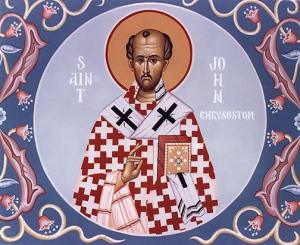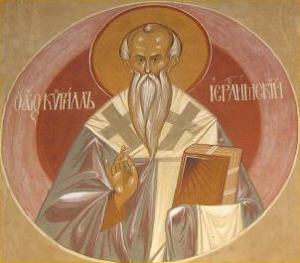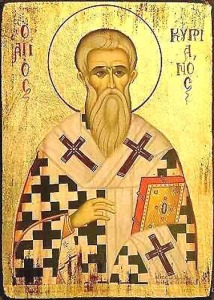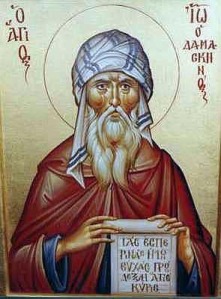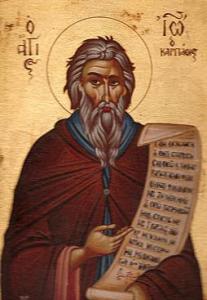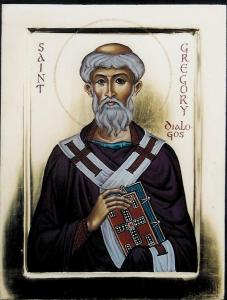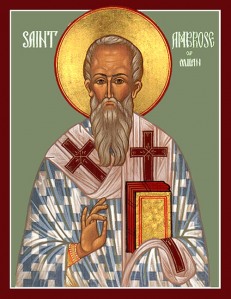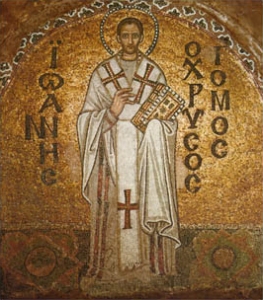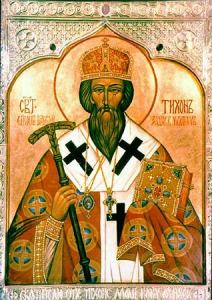 To whom is the Gospel preached?
To whom is the Gospel preached?
Christ answers us, “The Spirit of the Lord is upon me, for Whose sake He hath anointed Me to preach to the poor, He hath sent Me to heal the broken hearted” (Lk.4:18).
In other words, to those people who, acknowledging their sins, see their poverty, misfortune, and wretchedness, and have a contrite heart with fear of God’s judgement and sorrow, to them the Gospel is rightly preached as a healing plaster is applied to a wounded body.
Hear, you sorrowful and contrite souls, hear the most sweet voice of the Gospel! “The Son of Man is come to seek and to save that which is lost!”
This healing plaster of the Gospel most sweet is applied to your wounded souls. By this saving medicine heal your broken hearts. “The Son of Man is come to seek and to save that which is lost.”
He seeks you and saves you, because you are one of those that He came to seek. Accept and confess yourselves to be sinners before God. Your sins are also forgiven for Christ’s name’s sake.
Repent of your sins and lament for God, for salvation is prepared for you, too, by God. This is a faithful saying, and worthy of all acceptance, that “Christ Jesus came into the world to save sinners; of whom I am the chief” (1 Tim. 1:15).
The Holy Spirit speaks to you through His servant, “The sacrifice unto God is a broken spirit, a heart that is broken and humbled God will not despise” (LXX-Ps. 50:19 [KJV-Ps. 51:17]).
This sacrifice is offered to God from a repentant and contrite heart and is more acceptable to Him than any other offering. God looks mercifully upon such a sacrifice and sends His grace down upon it.
And so you see, O Christian, that the Gospel is not intended for those Christians who…do not recognize their sins, poverty and misfortune, and do not have a contrite heart. For of what use is oil to a rock? A plaster is applied to a wound, and healing is given to him who recognizes and admits his weakness.
To such people is it said, “Repent, be afflicted, and mourn, and weep: let your laughter be turned to mourning, and your joy into heaviness. Humble yourselves in the sight of the Lord, and He shall lift you up” (Jas. 4:9-10).
[…] Sinners! Let us fear the judgement of God and endeavor to have a contrite and humble heart, that we also may draw from the Gospel as from a saving font of living water of refreshment and consolation, and that we may water our souls and so receive everlasting life in Christ Jesus our Lord.
Tikhon of Zadonsk (1724-1783; Russian Orthodox): extract @ Kandylaki from Journey to Heaven: Counsels On the Particular Duties of Every Christian by Our Father Among the Saints, Tikhon of Zadonsk, Bishop of Voronezh and Elets (Jordanville, NY: Holy Trinity Monastery, 2004).
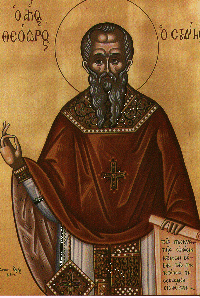 If…it frequently happens that the soul grows slack and is defiled by unseemly thoughts – for who will boast that they have a pure heart? – let it be quickly made clean again and brought back to its former condition, lest by delaying in evil it gives birth to death.
If…it frequently happens that the soul grows slack and is defiled by unseemly thoughts – for who will boast that they have a pure heart? – let it be quickly made clean again and brought back to its former condition, lest by delaying in evil it gives birth to death.